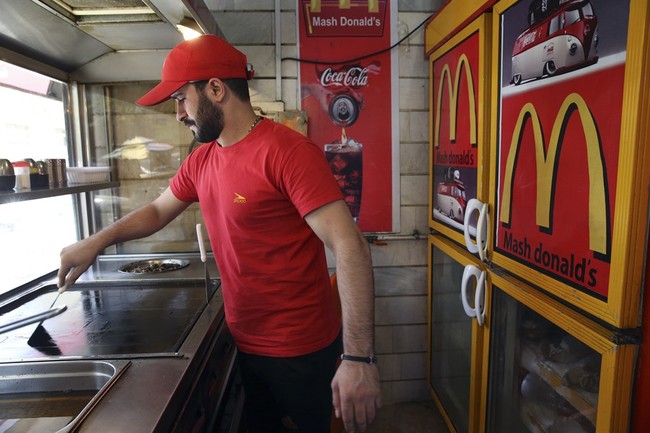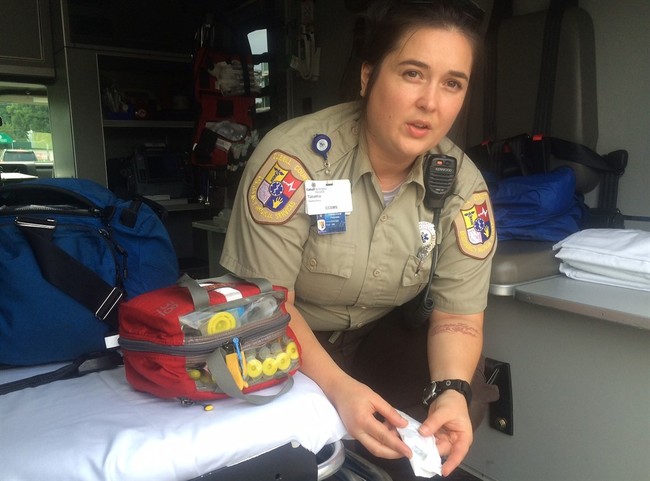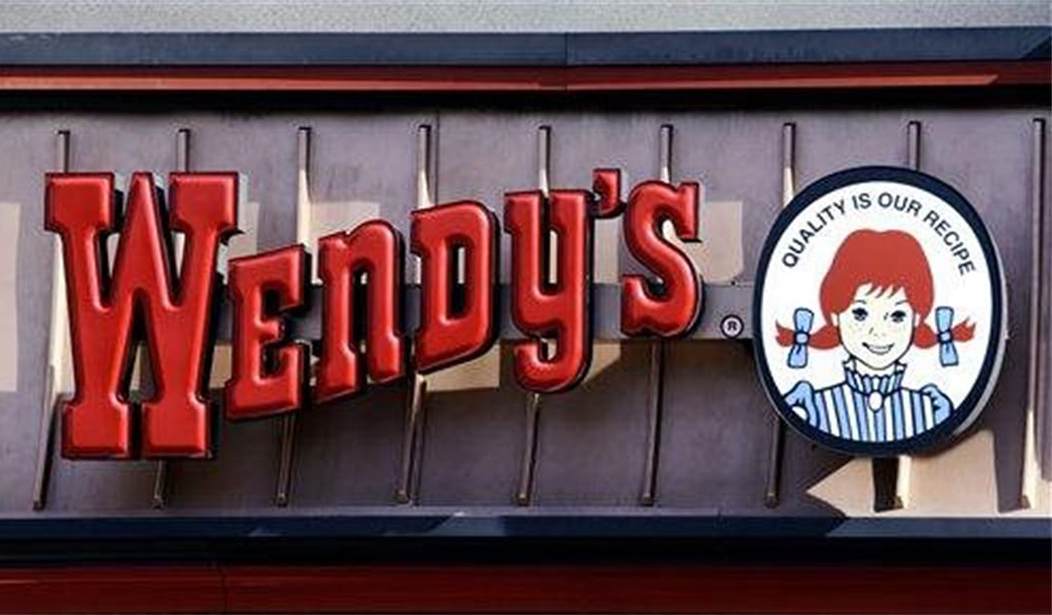Sacramento, CA—California state lawmakers are attempting to pass new legislation that would bump up the minimum wage for fast food workers to $20 per hour. However, it would only apply to workers at a fast-food chain that has a minimum of 60 locations nationwide. This comes after a deal with labor unions in the state and the fast food industry that would hopefully avoid a state-wide ballot initiative to do just that in 2024.
The agreement ends a tense standoff between labor unions and the fast food industry that started last year when Democratic Gov. Gavin Newsom signed a law creating a Fast Food Council with the authority to raise wages of fast food workers up to $22 per hour. California’s current minimum wage for all industries in the state is $15.50 per hour.
Before the law could take effect, the fast food industry gathered enough signatures to qualify a referendum on the law in the November 2024 election. That meant the law would be on hold until voters could decide whether to overturn it.
The push to raise the minimum wage in California and across the country is not a new thing. But now it gets confusing and, dare I say, discriminatory. Whatever your thoughts about minimum wage are, it is a thing, it isn't going away, and the need to raise it to at least keep it concurrent with inflation and cost of living adjustments should happen. But that is not where my issue comes into play. Now the state is in the business of deciding what job is more important and what job should be paid more when that should only fall to the industries in question, which is highly discriminatory. When you decide to pay someone who flips burgers more than someone who requires a professional license to perform their jobs, for example, that is discriminatory by definition.
California has the worst track record when it comes to who gets to work and how much they work. As we've reported, with the passing of AB5, they singlehandedly destroyed contractor or "gig" work in California :
AB5 has limited journalists and other independent contractors to find freelance jobs, and it has limited their options on where they could work. AB5 is anything but “worker-friendly,” All it does is hurt the working and middle class. But that is far from the truth. AB5 limits workers’ options...
Some choose to be freelancers, but due to this law, they no longer have that choice. Some freelancers make much more than the minimum wage; some make about the same as the minimum wage, while others make below the minimum wage but could have another part-time job, too, because AB5 gave workers that flexibility. But that choice was stripped from Californians because of the one-party rule in Sacramento.
When Dems start changing the rules of the game with their savvy word games, that's when it gets dangerous. They aren't fighting for minimum wage but more for a "liveable wage." But when you ask them to define what that is, they can't, or they just give you a word salad to hold them over in order to change the course of the conversation. They can't define it because there is no solid definition; it is subjective at best.
From McDonalds workers to Dollar General workers to Waffle House workers — every person deserves a living wage.
— Nina Turner (@ninaturner) September 5, 2023
The Dems think that a liveable wage is something that can allow a person to work and get paid a salary that would pay for a middle-class lifestyle. They want a person to be able to work one job and get paid enough money to at least pay for a decent apartment, have a car and a cell phone, and have expendable income after all the bills are paid, AND they want the person to be able to support a family on that salary as well.
That's nice and all, but it's just not an honest argument, nor is it anything based in reality. Minimum wage jobs are also known as entry-level jobs or positions that people get when they first enter the workforce. These people are overwhelmingly teenagers who are still in high school or just out of it. They mostly live with their parents, don't have many bills, if any, and generally just work to get more spending money and build their resume for the future. Dems do not believe that, they believe that a fast food worker, which is generally considered unskilled labor, should be paid double or even triple what they currently get under the minimum wage laws.

These unskilled labor jobs are not the jobs we get to start a family, buy a house, start a business, or anything like that. It's literally a job that, if you decide to quit or be promoted, you can be replaced by someone with no experience and less than 16 hours of on-the-job training. They were designed to be filled by people who would need little to no professional training and be paid accordingly.
The livable wage argument is a shell game; they are trying to trick you. A livable wage comes with a job that you find when looking for a career field that you are going to stay in until retirement or until you find something better. For example, the first responder career field is made up of several jobs that have starting positions with an average hourly salary of $30, which translates into roughly $62,000 a year.
What California Dems are doing is saying that a person working at a fast food chain is equal to an EMT (Emergency Medical Technician). In Los Angeles County, your average hourly salary for an EMT-B (that is below a Paramedic) is about $17.50 an hour, which equates to roughly $36,400 a year. With this new law, if passed, California is telling you that a person working at a fast food chain preparing food is worth more than an EMT.
To work as an EMT, you need to have passed a state-accredited EMT course, where you learn basic first aid, CPR, the use of an AED, administering of oxygen, glucose, and nitroglycerine, basic trauma care, diagnosing certain medical illnesses and signs of trauma, and more. You then need to pass a state exam called the California National Registry, and then you need to take an emergency vehicle operator course to drive an ambulance. In total, a person will spend at least 12 weeks in an EMT course, then need to pay the $104 filing fee to take their National Registry Test before they can even apply for a job. I know this is not an easy task—because I did all that before becoming a peace officer.

Now if I wanted to get a job at, say, Taco Bell, I would have to go and fill out an application, interview with the manager, and if there was a spot open, I'd get a job. Then I would have a couple of shifts of on-the-job training, and I would be all set to make more money than an EMT. Making food—compared to saving lives, transporting patients to hospitals, and seeing massive trauma and death associated with crime and accident scenes. And let's be honest, how many times do you go to a drive-through or enter the establishment, order your food, and deal with a 60 percent chance that your order will be correct? Will that worker be disciplined if they get it wrong? Probably not. But what happens if the EMT gets it wrong? Somebody might die.
No matter how you slice it, fast food workers, unless their employer decides to pay them more than minimum wage, do not deserve this. When you value someone who says, "What can I get for you" over someone that too busy giving CPR to a patient to say much more than "Come on, Sir, fight, come back to me," you have a serious problem. It's time we take a good hard look at who has more worth in society and where certain jobs fall on the social importance scale. At the end of the day, we don't absolutely need fast food or their workers, but we can never have enough EMTs.















Join the conversation as a VIP Member